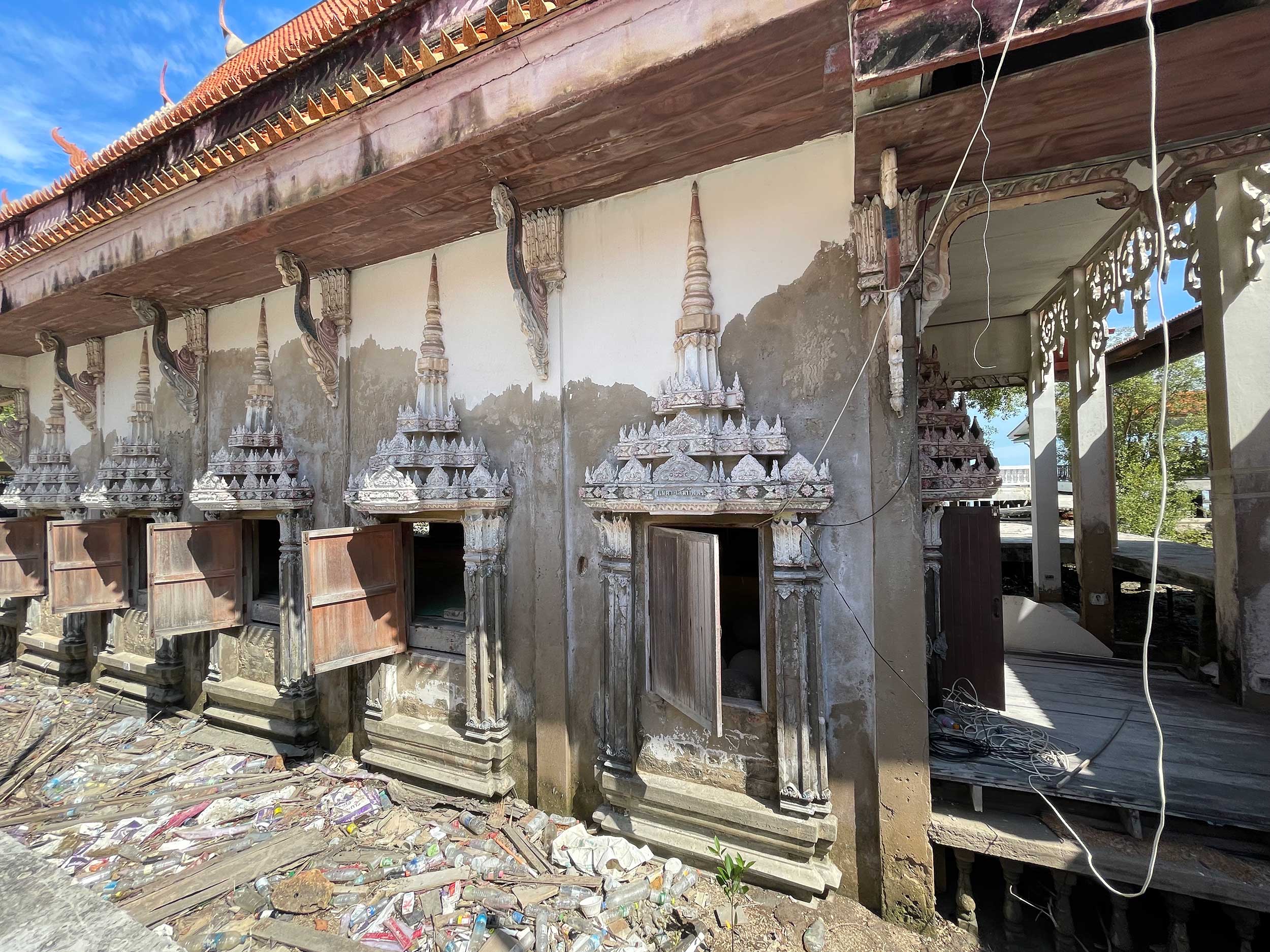ASEAN Municipal Solid Waste Management Enhancement (AMUSE)

CONTEXT
The ASEAN region is one of the fastest growing regions in the world with high population growth and rapid urbanisation. Cities and municipalities lack the resources and capacity to ensure clean air and land, as well as basic supplies in the water, waste and energy sectors, although these areas are the key to a good quality urban environment and services of general interest. In 2016, the volume of waste generated in Southeast Asia reached around 150 million tons and is one of the big challenges and critical problems the region is facing. It is estimated that waste generation will increase by 150 percent in 2025 compared to 1995 levels unless it is counteracted.
In addition, the importance of tourism as a relevant economic factor is growing. Between 2000 and 2018, tourism numbers (international arrivals) tripled in the East Asia and Pacific region. This is accompanied by growing amounts of waste. Small and medium-sized cities, in contrast to the large urban centers of ASEAN countries, are facing considerable difficulties in dealing with growing waste volumes due to population growth, changing consumption patterns, and increasing tourism numbers. Municipal administrations do not have the necessary technical and management competencies to adequately manage the steadily increasing waste volumes due to population growth, changing consumption patterns, and growing tourism, as well as to involve private sector actors in waste management and resource efficient solution approaches.
OBJECTIVE
ASEAN Municipal Solid Waste Management (AMUSE) aims to improve environmental quality in small and medium-sized cities in the ASEAN region by optimising waste disposal and recycling.
APPROACHES
The project outputs include interventions in three areas of activities:
- Developing a new ASEAN wide digital knowledge platform that provides sustainable knowledge, training, dialogue formats, and standards for optimizing municipal waste management and recycling for public and private stakeholders across ASEAN countries.
- Supporting medium-sized tourist cities in the implementation of sustainable waste management by the respective responsible ministries in cooperation with tourism associations and other national actors active in the waste and tourism sector.
- Providing field tested options for optimizing municipal waste management and recycling in terms of sustainability and gender sensitivity in medium-sized tourist cities which are documented for further dissemination.
FINANCED BY
German Federal Ministry for Economic Cooperation and Development (BMZ)
COUNTRY
ASEAN (Cambodia, Lao PDR, Thailand, Viet Nam)
PROJECT PARTNERS
ASEAN Secretariat and the ASEAN Working Group on Environmentally Sustainable Cities (AWGESC)
PROJECT DURATION
01/07/2022 – 30/06/2025
Mr. Alvaro Zurita
Project Director
Email: alvaro.zurita(at)giz.de